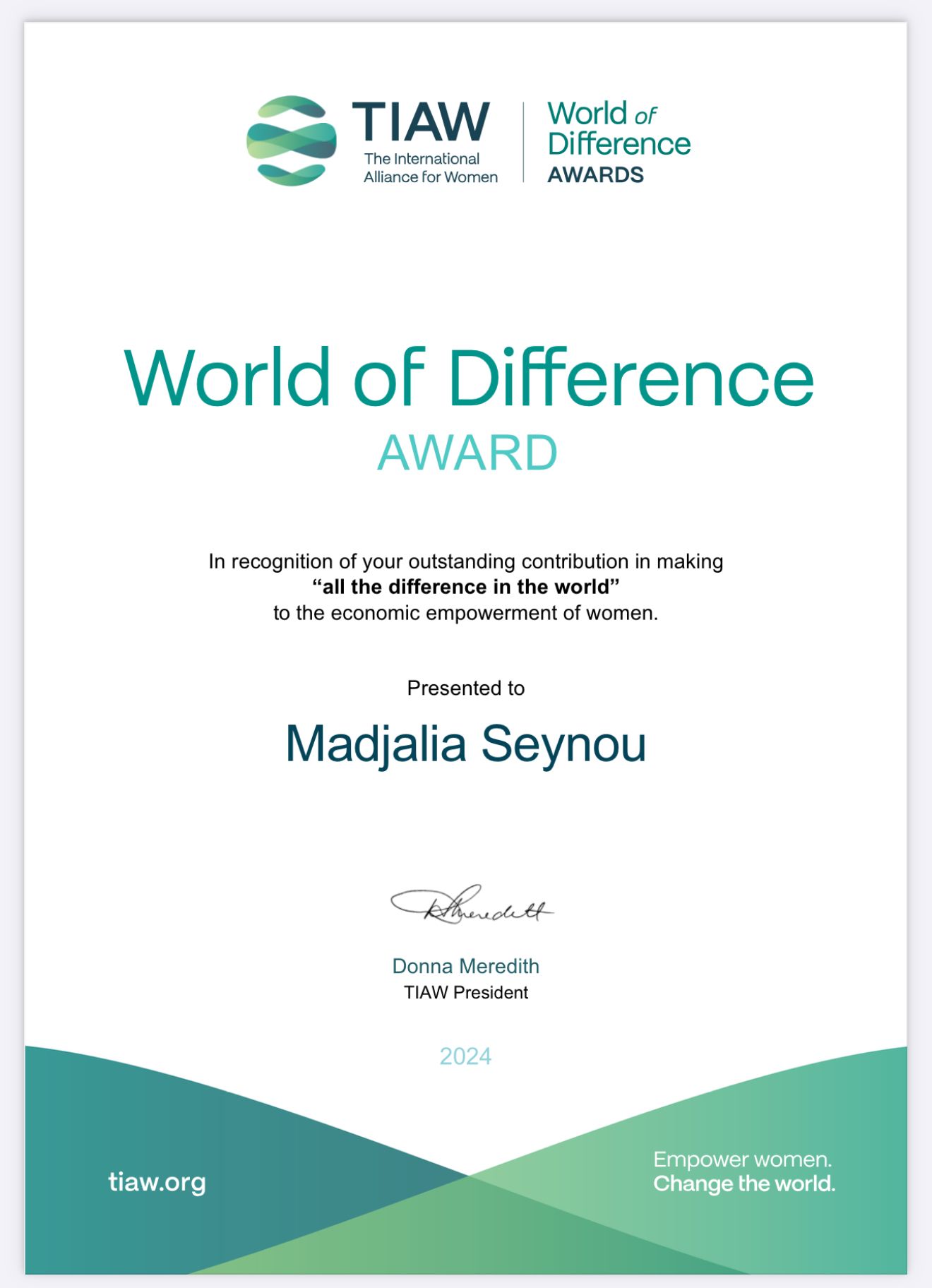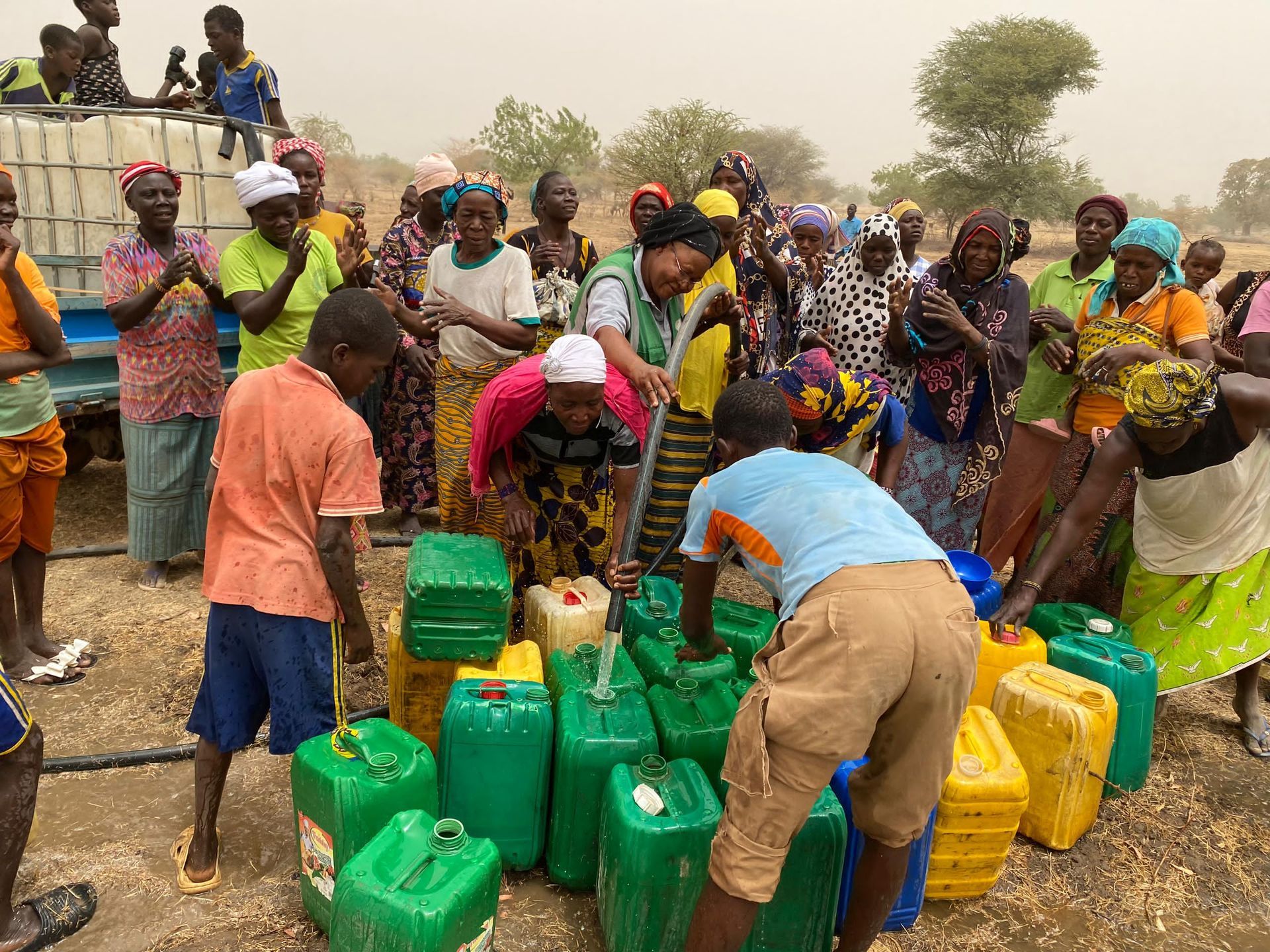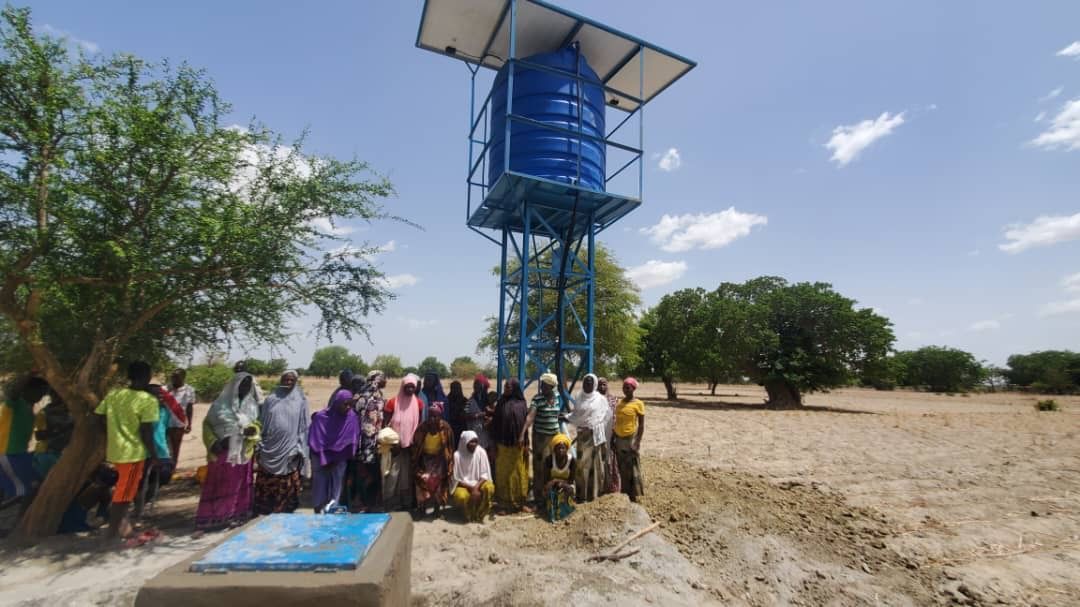Africa’s Growth Spurt
Africa is often underestimated when it comes to its market growth and economies. Although there is a long way to go before Africa is completely self-sufficient and caught up to major foreign players, Africa has been quickly industrializing alongside a rapidly growing population. The market growth is due to an improving business environment, improved infrastructure, increasing digital access, and innovation in several economic and market sectors. This article will explore how Africa is a treasure chest of market opportunities and investments.
It is essential to take a look at Africa’s current market conditions- and they look very promising. “Of the 10 fastest-growing economies in the world in 2018, six were in Africa- with Ghana at the top of the world ranking. Secondly, in the World Bank’s 2019 Doing Business index, five of the 10 most improved countries are in Africa, and one-third of all reforms recorded globally were in sub-Saharan Africa” (brookings.edu). Clearly, Africa is a great place to invest in up and coming businesses. This article also states that there are about 400 unicorn companies- meaning worth more than $1 billion- and are actually growing faster than global peers. There are many reasons for this, but mostly the idea that there are untapped markets in Africa that are becoming more and more profitable with a developing and urbanizing population.
This is the era of a new African Industrial Revolution- from lucrative start-ups to greatly improved infrastructure. “Poor infrastructure is one of the key impediments to investment and growth in Africa. For example, nearly 600 million Africans lack access to the electricity grid” (brookings.edu). Poor infrastructure has undoubtedly been a large reason why Africa lagged behind in world economies- a huge percentage of Africans did not even have access to basic needs. Fortunately, Africa’s annual investments into infrastructure have been doubling almost every year. These investments leave many market opportunities to help solve existing infrastructure challenges.
As FarmSahel has repeatedly emphasized, there is also major room for innovation within agricultural sectors. The abundance of natural resources within Africa almost guarantees a projection for agricultural development. Africa has struggled to translate this abundance into economic development. However, with aforementioned investments and a future demand for energy, this must change with changing times. “We estimate that the domestic gas market in Africa will grow by 9 percent a year to 2025, by which time the continent could use up to 70 percent of its own gas” (brookings.edu).
This unmet demand for energy will also make room for unhinged growth in other market sectors- specifically, the increase of digital and mobile access. For example, there has been a spurt in mobile money accounts- Africa actually accounts for a large portion of the global total. “This trend will allow companies to improve productivity, speed up transactions, and access wider markets, and could add $300 billion to the continent’s GDP by 2025” (brookings.edu). One unicorn company has profited off of this unusual market opportunity- Paga; Paga processes $2 billion a year in payments (brookings.edu). Needless to say, there are endless opportunities for start-ups and markets in a developing Africa- as people begin to take advantage of these opportunities, the market can only grow more from there.
Other governments see these opportunities too, and that is helpful to the overall growth of the continent. Written on the USAID website, for example, is “the security and prosperity of the United States are linked with Africa’s like never before… Prosper Africa is a U.S. Government initiative to substantially increase two-way trade and investment between the United States and Africa.”

The question to be asked, then, is what have African governments been doing in response to this growth? There have been five recurring policies that African countries have implemented- “removal of barriers to private sector involvement (e.g. licensing; movement controls on inputs and outputs), deregulation of consumer and producer prices, elimination of taxes and subsidies (implicit and explicit), privatization of state marketing or processing enterprises, abolition of official monopolies (and agents of the state) and the opening of trade to competition” (fao.org). These policies have completely changed the path of certain African nations- in particular, Ghana, which was previously mentioned as the fastest-growing economy in the world. Africa, however, is a massive continent with diverse populations and 54 nations. If all 54 nations were to implement such policies, it would be a remarkable feat for the overall economy of the continent. Of course, the agricultural sector in particular must see the most growth for improvement of the economy; for reference, look at FarmSahel’s articles on agricultural economies and development. These particular policies have been instrumental to the growth of the economy, and there should be initiatives taken to implement these policies all over the continent.
Contrary to widespread beliefs, Africa’s growth has been generally productive. Market opportunities are becoming more and more fruitful in response to improved infrastructure, increased digital and mobile access, lucrative start-ups and the utilization of the vast supply of natural resources. Ghana is the fastest growing economy in the world, and five other African nations are in the top ten. If this does not indicate that Africa’s market opportunities and economy are on a positive slope, perhaps the 400 companies valued in the billions are. There has been an interest to heavily invest by foreign nations, such as the Prosper Africa act by the United States government. Lastly, the policies that many African nations have been implementing are finally reaping benefits- this will undoubtedly inspire other African countries to follow suit. Africa’s growth spurt has only just begun- and it is the fastest growing one in the world!
Works Cited
Leke, Acha, and Landry Signé. “Spotlighting Opportunities for Business in Africa and Strategies to Succeed in the World's next Big Growth Market.” Brookings , Brookings, 11 Jan. 2019, www.brookings.edu/research/spotlighting-opportunities-for-business-in-africa-and-strategies-to-succeed-in-the-worlds-next-big-growth-market/.
“Trade and Investment: Africa.” U.S. Agency for International Development , 27 May 2020, www.usaid.gov/africa/trade-and-investment.
“Trade Reforms and Food Security.” Chapter 12. Trade and Economic Reforms in Africa[192] , 2003, www.fao.org/3/y4671e/y4671e0i.htm.












